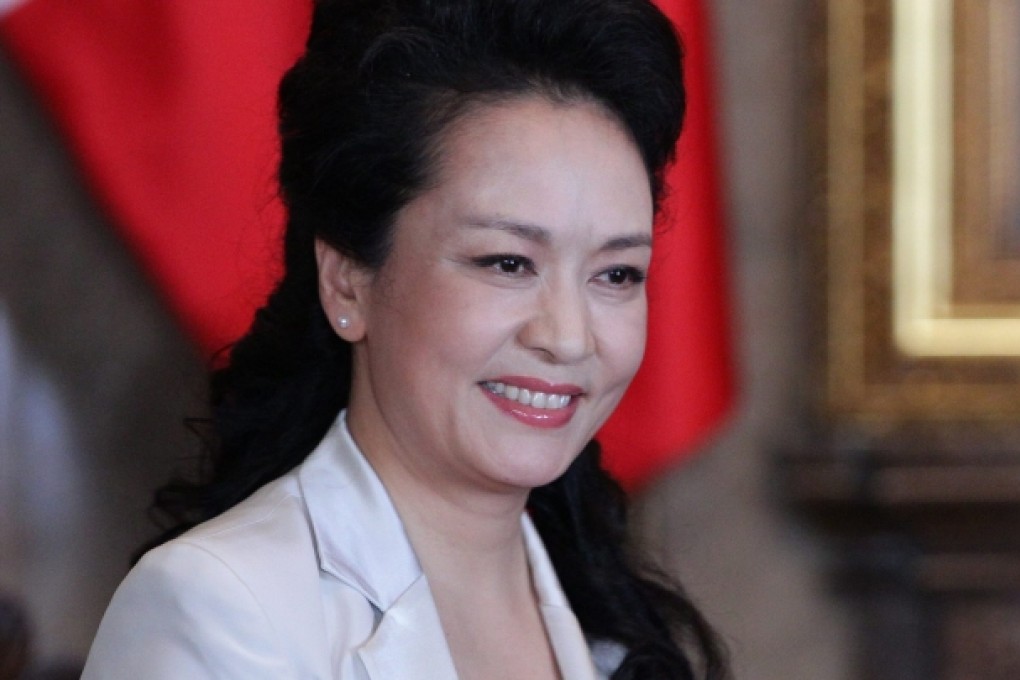China's first lady fever betrays its backward politics
Chang Ping says repression at home drives people to look for affirmation of parity with West

In the year when the Gang of Four was toppled, a young teacher in my hometown shot to fame playing Jiang Qing on stage. His performance was simple: he slapped on some make-up, wore a big, loose colourful dress, walked coyly on stage and then laughed wildly for 10 minutes. The show was hugely popular.
He captured the essence of Jiang's public image: a mannish, witch-like woman who was unfit to be China's first lady. Even now, many ordinary Chinese have no clear idea of the crimes Jiang was accused of; they know only that she acted above her station, and tried to seize power because she wanted to be "empress".
A commentary said Obama was too insecure to meet Peng. It declared Peng the "winner"
People didn't mind Mao Zedong being "emperor", however, although they grumbled that he was too autocratic. The person who did in fact seize power, Deng Xiaoping, is today seen as a great man.
The Chinese fascination with the idea of a first lady did not start with Peng Liyuan, nor did it originate from the US. In ancient China, the empress was seen to be the mother of the nation and was expected to lead by example as head of the royal household. She should be beautiful, decorous and wise - wise to recognise her rightful duty to support her husband, that is. This actually describes the acceptable role of women in today's society: beautiful, virtuous, a good wife and mother who abides by the rules of patriarchy.
Among the first ladies of communist China, Wang Guangmei, the wife of Liu Shaoqi , was considered to be the model. It didn't matter what she was really like. Mourning her death in October 2006, both the media and the public were full of praise for her grace and elegance.
She was the first of the People's Republic's first ladies to be presented to the world. In April and May 1963, she visited Indonesia, Myanmar, Cambodia and Vietnam with Liu, then the president. Media reports recalled how she caused a sensation at home and abroad on the trip, looking so glamorous and lovely in a white cheongsam. Many people believed it was Jiang's jealousy at being upstaged that led to the couple's eventual downfall.
After Wang, China's first ladies were generally considered to be average-looking. Wang Yeping, the wife of Jiang Zemin , was even said to be "ugly". For looking "dowdy" next to Laura Bush on a state visit to the US, some internet users heaped abuse on her for "shaming" China.